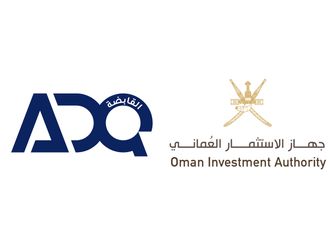Without the injection of capital into environmentally friendly initiatives, projects and programmes, the shift to a more sustainable economy will not be possible, according to a panel of experts speaking at the World Green Economy Summit (WGES).
The session, which focused on green finance and the role the financial sector plays in the green economic transformation, provided an overview of the role of existing financial institutions and financing tools in accelerating the global transition to a sustainable green economy.
“As we all know there is no greater challenge than that of climate change. Five years ago, green infrastructure projects were struggling for investment, but a lot has changed since then,” said Hajir Naghdy, Group Head of Macquarie Capital, Asia & the Middle East.
In the last 10 years, the total world renewable energy capacity has increased from 989,000 megawatts (MW) in 2007 to over 2 million MW in 2016.
Green bonds have been issued, which are estimated to be worth $81 billion (Dh297 billion), a significant multiple of the $2 billion issued in 2012.
“Costs of production in the offshore wind industry have fallen dramatically to a point where the cost of green energy is lower than conventional power in some markets,” James Grabert, Director of Sustainable Development Mechanisms at the United Nations Framework on Climate Change (UNFCC), said.
Awareness
Additionally, the investment community has become aware and educated in the renewables sector, said Naghdy.
Combined, these factors have enabled the industry to assess price rises sharply and set up numerous global green funds, using pension funds and industrial finance loans.
The Middle East is playing an important role in green finance, according to Frank Beckers, Head of Project Finance and Advisory, First Abu Dhabi Bank (FAB).
“The region not only supports large scale renewable projects, but is also supporting these initiatives by financing projects. As the targets are high it is steep for the banking industry to support these projects on its own. As such, support from other investors will be required as well,” Beckers said.
One of the major challenges surrounding the region is that the market and financial institutions are often confused about green economy, the panel said.
Security
It is therefore necessary to align public-private partnerships (PPP), implement friendly regulations to translate this standard in to the international markets, and establish capital markets to address issues of long-term financing. Green bonds are another alternative which serves as a route to attract finance, they said.
Governments play an important role in accelerating and maintaining the security of green finance, but corporates also need to come up with an actual pathway to manage their assets, said Grabert.
Ultimately, technology will play a large role in defining the future of green finance, the experts said.
“Financial technology [fintech] is governing the green economy and as we move into a more decentralised energy system, there will be a broader acceptance of these systems,” concluded Naghdy.











